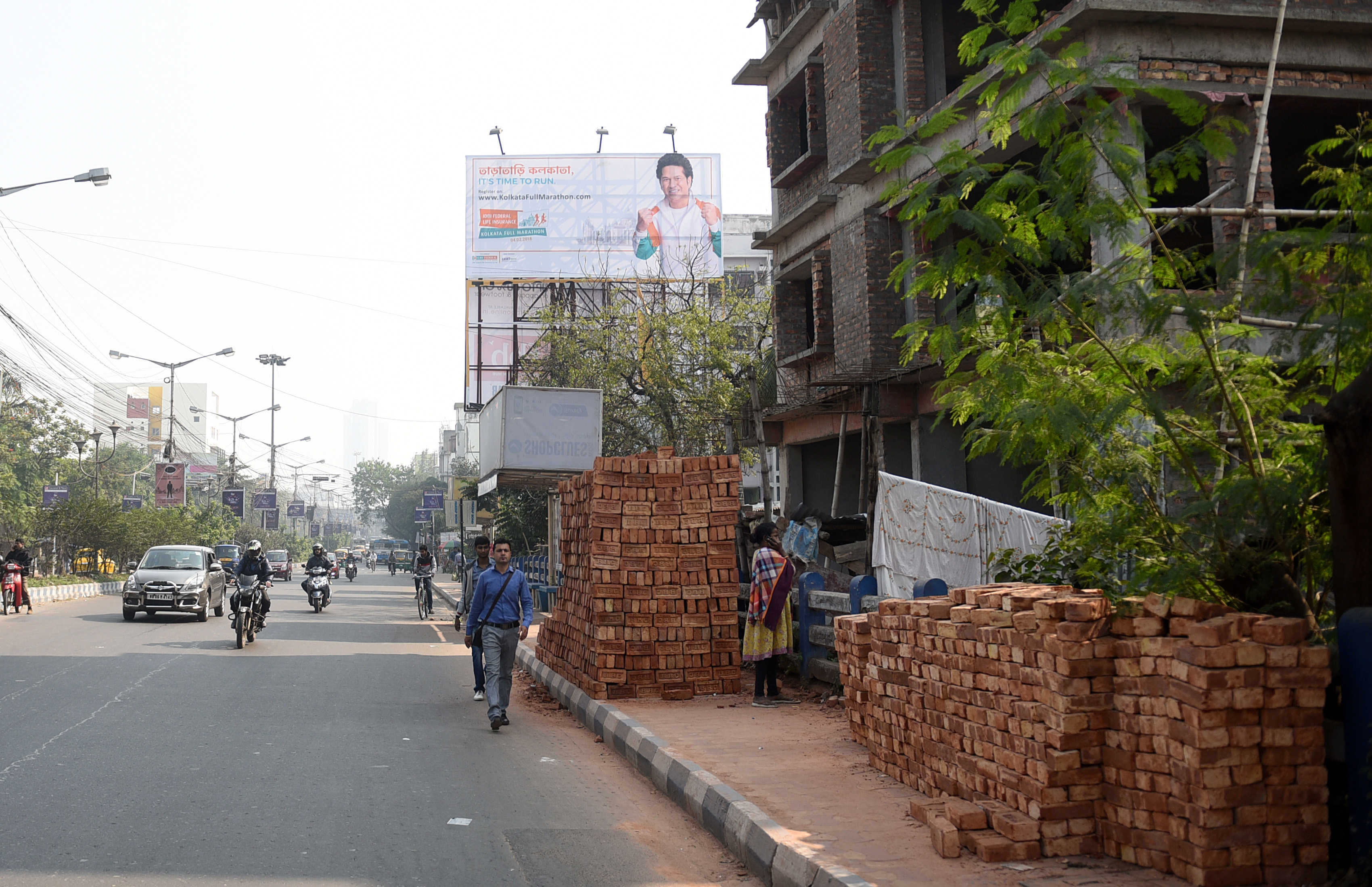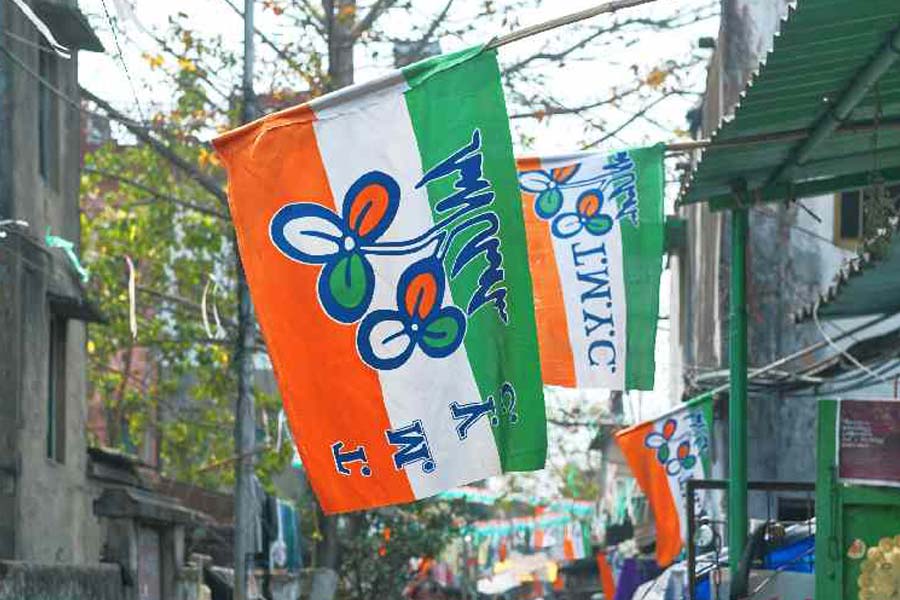I am an expert in the rules of falling. I live in a South Calcutta locality full of old houses and they fall with such regularity that I am completely clued in.
The first sign of an old building about to disappear is a snazzy new boundary wall coming up around it. The wall is usually so high that the old building is already invisible. (In fact, it is because of the new wall that the building is remembered. We don’t like to look at old things in need of repair and I am not only talking of bridges.)
The second sign is a signboard that appears on the wall. In innocuous lettering a realtor’s name appears, but over it, in larger point size, a name is announced. This is most significant. The name announces the character, size and ambition of the new structure that will replace the old building.
I have noticed that the new name often begins with “the”. The importance of the definite article cannot be underestimated. In other parts of the globe it may mean other things. But in a world as populous and turbulent as Calcutta’s, where to wait for two minutes on a pavement is to be hit hard with an elbow or be run over casually by a bus or an auto, “the” implies security, stability, prosperity. As Arundhati Roy had said in her first, brilliant novel, women have no “Locusts Stand I”. In Calcutta, no one has locus standi. Except for a very few. But “the” can go a long way, also vertically.
What follows the “the” is also important. It is usually an English-sounding word, in Roman script, but not quite English, and I also suspect, not quite a word either. What is the word for the word that is not a real word but sounds like one? The chosen word, however, will be something evocative, romantic and heavy-duty. So the “the” will be followed by something like “Baleton”, or “Perrhine”, or “Zarria”.
Now a word like “Baleton” stands for modernity. It sounds English, and therefore global, but has no meaning and, therefore, is free from the tyranny of English as we have known it historically in India. Such a word helps us to be free of English when we are using English. The word, “Baleton”, therefore, is a triumph of post-colonialism.
Although by now I am so confused about what postcolonialism means.
The new name can also be alpha-numeric, with the “the” in place. It can be “The 92”. It means that the new structure will be 92 storeys tall, another masterpiece of brutalist architecture fanning out into the sky, dropping behind the shabby, dispiriting, disquieting reality of Calcutta to where it belongs: the ground-level. Alpha-numeric is also global and cool.
The name does it, I think. The rest follows easily. The old building is wrapped up, like a face under a mask or a hood, for some time. Men work on it. And one fine day, the tall tower raises its head and challenges the sun.
Many old trees in and around the premises disappear too. They make way for the cars that the new building will attract. But that may be just a coincidence.
Maybe sad, old buildings should go. It is not easy to see the once-beautiful, or at least healthy, structures looking so derelict. Buildings often remind one of people, faces. The windows look like eyes, the door the mouth. But buildings also have distinct personalities.
An old, abandoned building can resemble a loved one, whose infirmity can only inspire helplessness.
I get the same feeling when I take the bypass these days and glimpse the wetlands. The area is slowly turning into real estate. It, too, seems to be sinking. Falling.
But then the entire city is falling.










